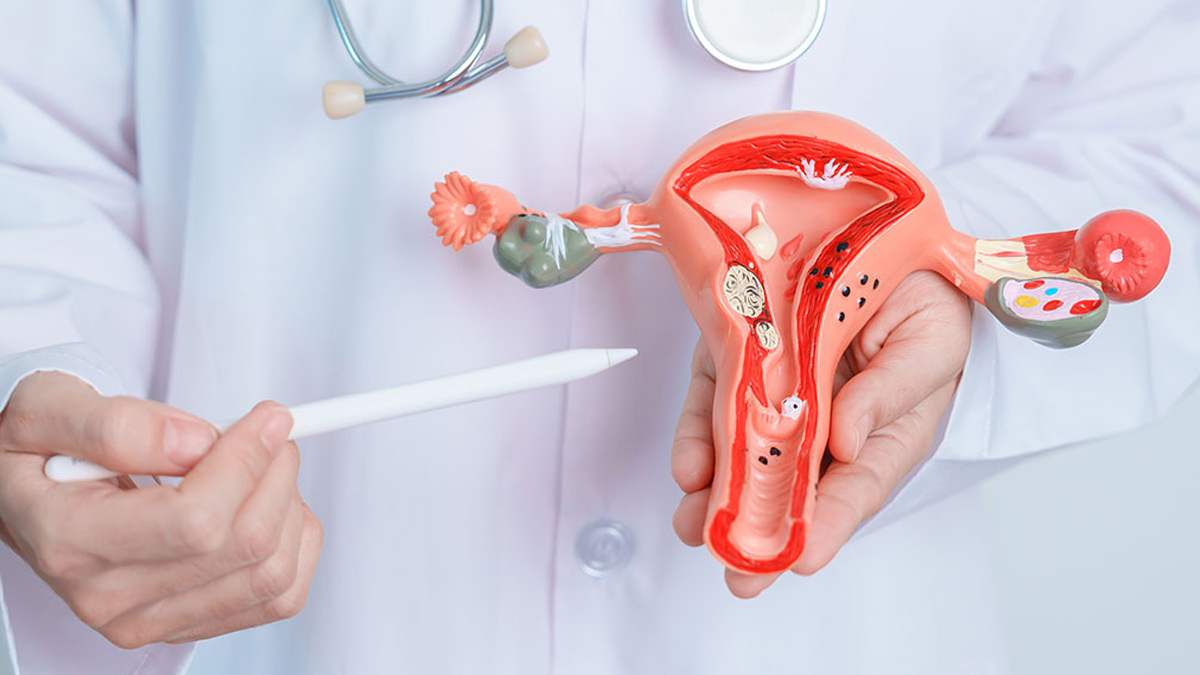
Bindi Irwin, the daughter of Steve Irwin, recently shared a major health update. She was hospitalised in New York after suffering from a ruptured appendix and underwent several surgeries. During the operation, doctors removed her appendix, repaired a hernia from childbirth, and excised 14 endometriosis lesions. This comes just two years after she had 37 endometriosis lesions and a cyst removed. Bindi, who has battled endometriosis for over a decade, is now recovering and using her experience to raise awareness about women’s health.
Table of Content:-
“I Am Forever Grateful,” Says Bindi Irwin
View this post on Instagram
In a heartfelt Instagram post from her hospital bed, Bindi wrote, “After many months of a grumbly appendix, I finally had to seek help the day of our Steve Irwin Gala. My appendix was removed, along with another 14 lesions (after having 37 endometriosis lesions and a cyst removed two years ago). I also had a repair to a large hernia I acquired through childbirth four years ago. I am so thankful that I got the help I needed with Dr Seckin and Dr Chu and Lennox Hill Hospital.” She added, “Fortunately, I am on the road to recovery.” Bindi also thanked her family for their support and encouraged others to seek help if they are struggling with pain.
What Is Endometriosis, and Can Lesions Be Cancerous?![Endometriosis lead to cancer 2 - 2025-05-13T133745.902]()
Endometriosis is a health condition where tissue similar to the lining inside the uterus starts growing outside the uterus. This can cause symptoms like severe pelvic pain, heavy periods, pain during sex, fatigue, and sometimes trouble getting pregnant. Many women, like Bindi Irwin, live with these symptoms for years before getting a diagnosis.
A common question is whether endometriosis lesions can turn into cancer. Dr D Sangeeta Gomes, Consultant - Obstetrician, Gynaecologist, and Infertility Specialist, Motherhood Hospitals, Bengaluru, explains that while certain factors, like age, obesity, family history, or an unhealthy lifestyle, can increase a person’s risk for cancer, endometriosis itself is not considered cancer. In rare cases, especially with severe forms of endometriosis. There is a slightly higher risk of developing certain types of ovarian cancer, such as endometrioid and clear cell ovarian cancers. However, the overall risk remains low-less than 1% of women with endometriosis will develop ovarian cancer, especially if they don’t have other risk factors like a family history of cancer.
Dr Gomes emphasises that “most women with endometriosis will not develop ovarian cancer unless they have a family history or other risk factors.” So, while it’s important to be aware and have regular check-ups, endometriosis is not cancer and only rarely leads to cancer.
What Does Research Say?
A study shows that the risk of cancer from endometriosis is very small. A large study published in The Lancet Oncology found that women with endometriosis have a slightly increased risk of certain ovarian cancers compared to women without endometriosis, but the overall risk remains low. The study recommends regular monitoring and awareness of symptoms, especially for women with ovarian endometriomas.
Signs to Watch For and When to Seek Help![Bindi Irwin health update 1 - 2025-05-13T133744.064]()
- Severe or ongoing pelvic pain
- Painful periods that interfere with daily life
- Unexplained fatigue or nausea
- Changes in menstrual cycle or bowel/bladder habits
- New or worsening symptoms
Conclusion
Bindi Irwin’s journey highlights the challenges of living with endometriosis and the importance of seeking medical help. While most endometriosis lesions are not cancerous, regular check-ups and open conversations with your doctor are key. Bindi’s story is a reminder that you are not alone, and help is available.
Also watch this video
How we keep this article up to date:
We work with experts and keep a close eye on the latest in health and wellness. Whenever there is a new research or helpful information, we update our articles with accurate and useful advice.
Current Version


